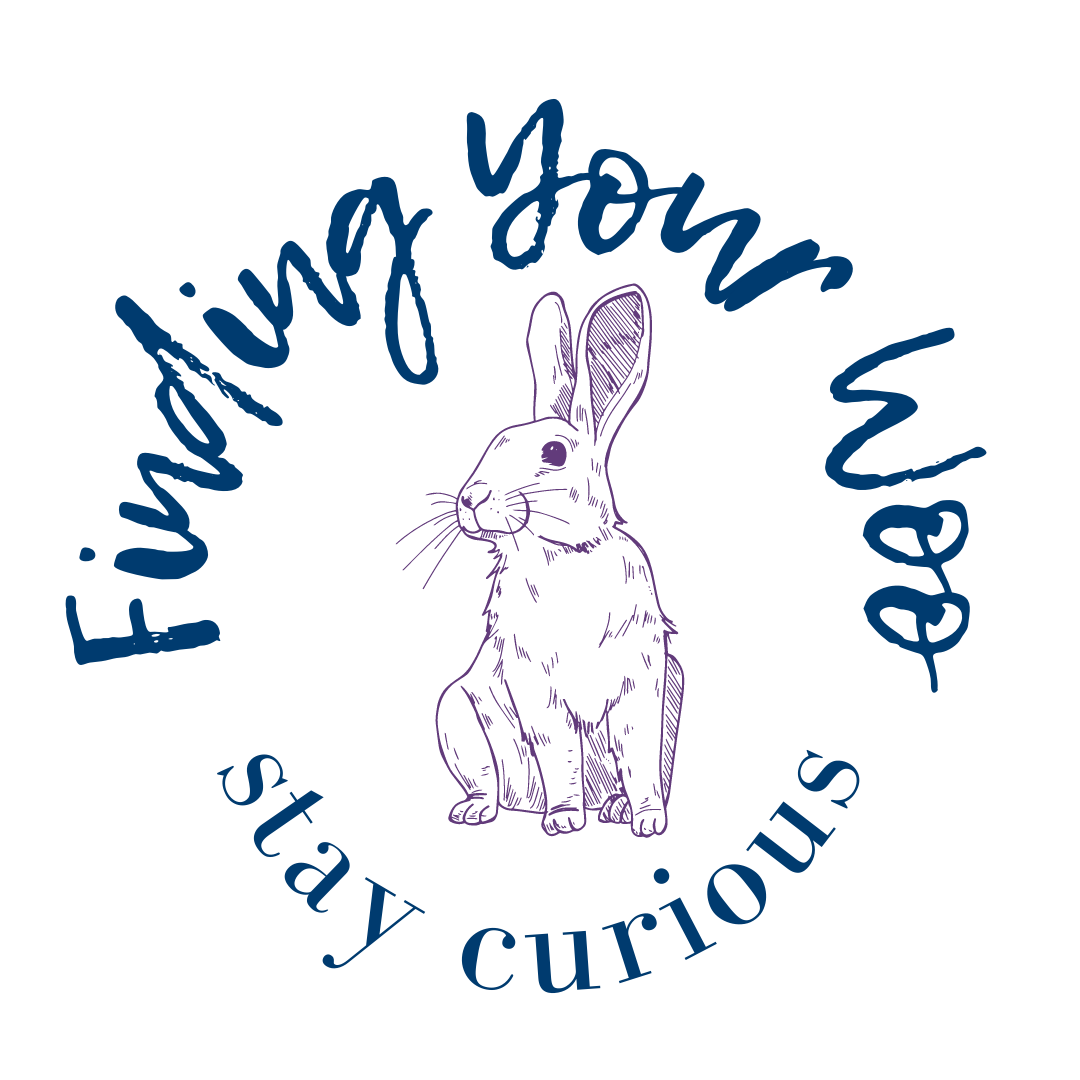Reiki is a holistic healing technique that originated in Japan in the late 19th century. The word “Reiki” is derived from two Japanese words: “rei” meaning universal or spiritual, and “ki” meaning life force energy. This gentle and non-invasive practice is founded on the belief that an unseen life force energy flows through all living beings, and when this energy is low or blocked, it can lead to physical, emotional, and spiritual imbalances.
Reiki practitioners believe that by channeling this universal life force energy, they can promote healing and restore balance within the recipient. The practice is based on several key principles:
Universal Life Force Energy: Reiki acknowledges that there is an interconnected energy that permeates all living things. This energy, also known as “ki,” “chi,” or “prana” in other traditions, is vital for maintaining health and vitality.
Energy Healing: Reiki is considered a form of energy healing, where the practitioner acts as a conduit to transfer the healing energy to the recipient. This energy is believed to flow through the practitioner’s hands to the areas in need of healing.
Chakra Balancing: Reiki practitioners often focus on balancing the body’s energy centers, known as chakras, to remove blockages and enhance the overall flow of life force energy.
A typical Reiki session is conducted in a quiet and serene environment, with the recipient lying comfortably on a treatment table, fully clothed. The practitioner places their hands lightly on or just above specific areas of the body, following a sequence that corresponds to the chakra system or areas of concern.
During the session, recipients may experience various sensations, such as warmth, tingling, or a sense of deep relaxation. Many individuals report feeling a sense of peace and calm during and after the session.
Reiki is believed to have numerous potential benefits, including:
Stress Reduction: Reiki induces deep relaxation, helping to reduce stress, anxiety, and tension.
Pain Relief: Some individuals find relief from physical discomfort and pain through Reiki sessions.
Emotional Healing: Reiki can support emotional healing by releasing pent-up emotions and fostering a sense of well-being.
Enhanced Energy Flow: By removing energy blockages, Reiki may help improve the overall flow of life force energy in the body.
Spiritual Growth: Many practitioners find that Reiki fosters spiritual awareness and personal growth, promoting a deeper connection with oneself and the universe.
Over the years, Reiki has evolved into various lineages and schools, each with its unique teachings and practices. Some practitioners may integrate other healing modalities or combine Reiki with massage therapy, counseling, or other holistic approaches.
Reiki is a gentle and non-invasive energy healing practice that aims to promote physical, emotional, and spiritual well-being. Rooted in the concept of universal life force energy, Reiki practitioners channel this energy to balance and restore harmony within the recipient. With its potential benefits for stress reduction, pain relief, emotional healing, and spiritual growth, Reiki continues to be embraced by individuals seeking natural and holistic approaches to health and wellness.
Stay curious.


